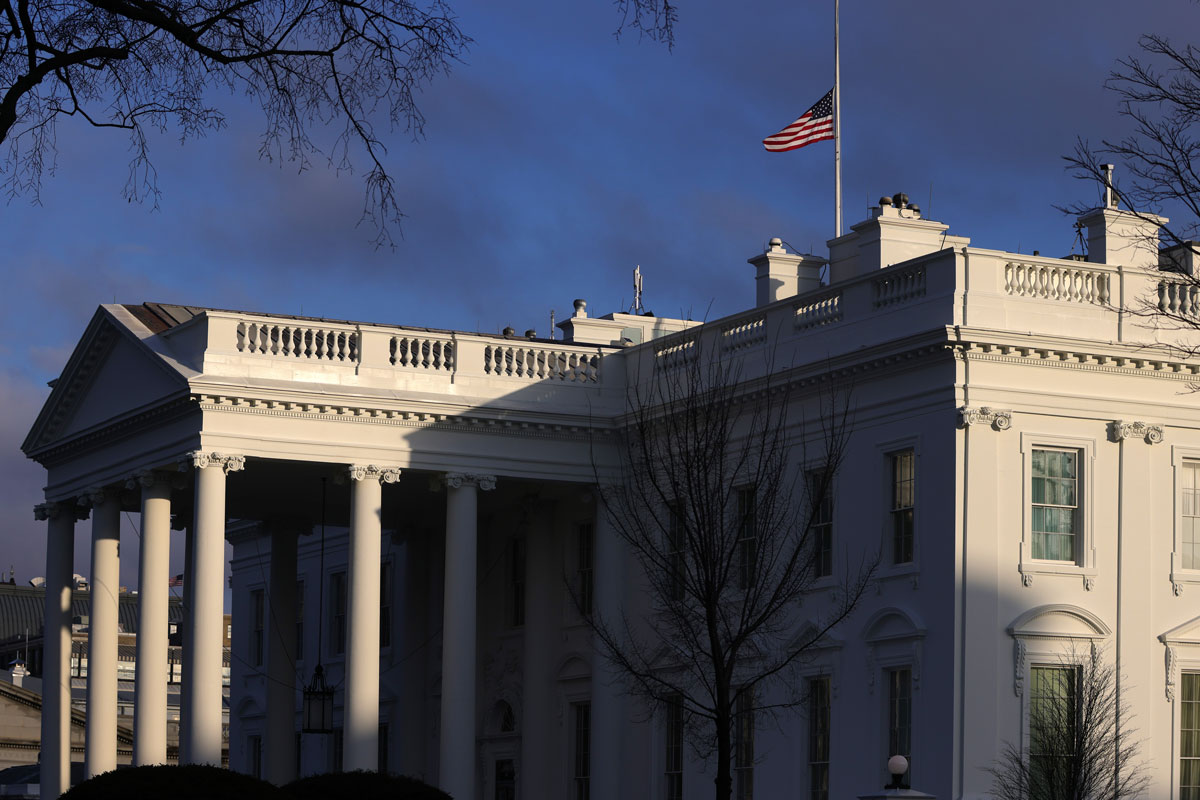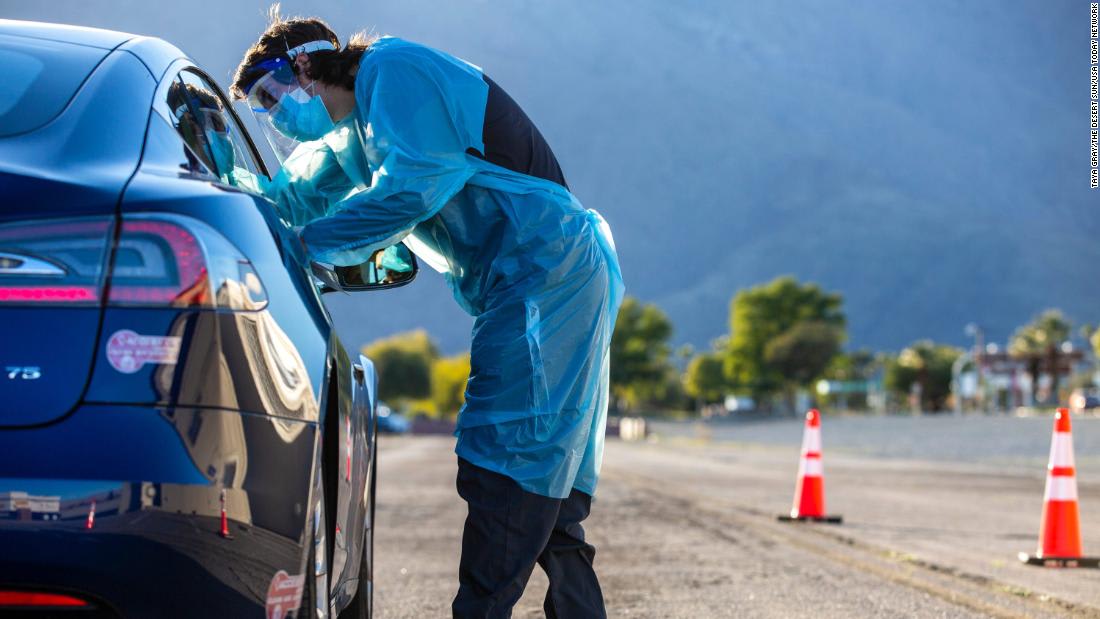Half a million US lives have been lost to Covid-19. That's more than the number of Americans killed in World War II.
The pandemic is far from over. But Americans can steer its course -- and help prevent many more families from suffering inconsolable grief.
Good news (for now) on cases and hospitalizations:
Nationwide, the rates of new Covid-19 cases, hospitalizations and deaths are declining.
The number of patients hospitalized with Covid-19 has fallen for the 40th day in a row, according to the COVID Tracking Project. And daily deaths have declined 24% this past week compared to the previous week, according to Johns Hopkins University.
Major challenges:
As numbers of new cases and hospitalizations go down, however, reports of highly contagious variants go up.
"I am worried about this variant -- the B.1.1.7 variant (first found in the UK)," said Dr. Peter Hotez, dean of the National School of Tropical Medicine at Baylor College of Medicine.
"If that takes over, the numbers are going to start to spiral up again. There's no end to what the death toll will look like unless we can vaccinate ahead of it."
Where the US stands on vaccinations:
More than 44.1 million Americans have received at least one dose of their two-dose vaccines, according to the US Centers for Disease Control and Prevention.
About 19.4 million have been fully vaccinated. That's about 5.9% of the US population -- far less than the estimated 70% to 85% of Americans who would need to be immune to reach herd immunity.
Some states are still grappling with vaccine delays after severe weather walloped much of the country last week. But the US will likely be caught up by the middle of this week, said Dr. Anthony Fauci, director of the National Institute of Allergy and Infectious Diseases.
Read more about the situation in the US:


